(Labrador Land Protectors march onto the Muskrat Falls project site in October 2016. Photo courtesy: TheIndependent.ca)
Two hundred researchers and scholars in Canada and the United States are calling on Justin Trudeau to halt the Muskrat Falls hydro project in Labrador until Indigenous people who stand to be affected by the project give their free, prior and informed consent and other major health and safety concerns are addressed.
On Wednesday the coalition of academics released their open letter to the prime minister, saying Muskrat Falls “poses tremendous risks to Indigenous peoples and sovereignty, to Canada’s commitment to reconciliation, to fish, wildlife and the broader integrity of the Churchill River ecology, and to provincial and federal public finances.”
Muskrat Falls is a large hydro dam under construction on the Churchill River in Labrador and is projected by elders, scientists and many in Labrador to negatively impact Innu and Inuit communities downstream.
Read the open letter penned to Prime Minister Justin Trudeau: Scholars call on PM to Halt the Muskrat Falls Dam
Pointing out the Trudeau government helped finance the project by issuing a $2.9 billion loan guarantee in November 2016 amid calls by Indigenous people living downstream to stop the project until their safety is guaranteed, the letter’s authors say the project “presents real and substantial social, ecological and economic risks if it proceeds on the current course.”
They ask the feds to “halt all work on the dam” in partnership with the Government of Newfoundland and Labrador and its Crown Corporation and project proponent Nalcor Energy, “until you have received the free, prior and informed consent of all Indigenous peoples affected by the dam.”
They also call for an independent inquiry into the stability of the North Spur—a geologic formation the dam’s integrity is contingent on, but which locals say will not remain stable once reservoir flooding is complete—and for the implementation of a 2016 Harvard University study’s recommendations that vegetation and topsoil be removed from the reservoir area to mitigate the projected rise of unsafe levels of methylmercury in traditional foods and subsequently in humans.
(Innu, Inuit and Labradorians united in October 2016 to stop Muskrat Falls. Photo courtesy: TheIndependent.ca)
Newfoundland and Labrador Premier Dwight Ball called an emergency meeting with Indigenous leaders from Labrador amid an Indigenous-led occupation of the Muskrat Falls site by land protectors in October 2016.
As one of the conditions set out by three hunger-striking Inuk land protectors at the time, the province agreed to strike an Independent Expert Advisory Committee to study the methylmercury issue and recommend how the government and crown corporation building the project should proceed.
Last April that committee arrived at the similar conclusion as the Harvard researchers recommended that Nalcor Energy “undertake the targeted removal of soil and capping of wetlands in the future reservoir area before impoundment.”
Tim K. Takaro, a professor in the faculty of health sciences at Simon Fraser University and one of the letter’s signatories, said the methylmercury risks outlined by the Harvard study “are a pending public health disaster that is clearly preventable,” and that “to not mitigate these known risks would be criminal.”
Deborah Cowen, an associate professor of geography at University of Toronto and a 2016 Pierre Elliott Trudeau Foundation Fellow, said during a visit to Labrador in June, she and 14 other researchers met with members of various Indigenous communities, including Sheshatshiu Innu First Nation, whose members voted in a 2011 referendum to support the project as part of a land claim.
She said in making the Innu Nation’s land claim contingent on relinquishing the land and waters around Muskrat Falls— which have marked a sacred place for the Innu and their ancestors for thousands of years—Canada did not gain the Innu’s free, prior and informed consent.
(Deborah Cowen, an associate professor of geography at University of Toronto is one of 200 academics who signed an open letter to Prime Minister Justin Trudeau to stop the Muskrat Falls Hydroelectric project in Labrador)
The ‘New Dawn Agreement’ land claim, which has not yet been finalized, was negotiated by the Harper government, but Cowen says the Liberals now have an obligation to respect Indigenous rights as outlined in the United Nations Declaration on the Rights of Indigenous Peoples, and as promised by the Trudeau government.
“We find ourselves across the country – but especially in places like Labrador and British Columbia— having to ask the question of where those commitments are in light of these mega infrastructure projects when we look to the Muskrat Falls dam, or to the Trans Mountain pipeline,” Cowen told APTN News Wednesday.
APTN reached out to Innu Nation for comment but did not get a response by the time of publication.
Our request for comment from the Prime Minister’s Office (PMO) was redirected by spokesperson Matt Pascuzzo to the Department of Natural Resources.
But APTN attempted to get a comment from Trudeau since the letter is addressed specifically to him.
Pascuzzo said “Minister Sohi’s office is best placed to speak to the consultation with Indigenous communities on the project.”
Mackenzie Radan, press secretary for Natural Resources Minister Amarjeet Sohi, did not answer APTN’s question why the Trudeau government has not sought the free, prior and informed consent by those who stand to be affected by Muskrat Falls.
Instead, in a written statement he said that “no relationship is more important to our government than the one with Indigenous peoples,” and that “providing loan guarantee support for the Lower Churchill projects is an important step to help in the development of clean, renewable, and reliable sources of electricity that will make a major contribution to meeting Atlantic Canada’s future energy needs.”
Radan also said the federal government expects the province “to continue to work with Nalcor and collaboratively with Indigenous peoples.”
(The Muskrat Falls dam under construction. The project is more than 90 per cent complete.)
Cowen said if the department’s statement that no relationship is more important to Canada than those with Indigenous peoples is true, “then I think our three demands with this letter actually should be very easy to honour and accommodate by halting the project until we can have some real answers around all three of the issues we raised.”
But she questioned the department’s apparent offloading of responsibility for Indigenous peoples’ health and safety to the province.
“It’s all fine and well to suggest that this is the responsibility of the province and the provincial crown corporation; however it’s the federal government that’s bankrolling much of the project, and with financing also comes responsibility,” she said.
“So we’re calling on the federal government to take that responsibility.”
Cowen added that “without free, prior and informed consent, Muskrat Falls should not proceed at all.
“Until those meaningful conversations and negotiations can happen with all the Indigenous people in the area, the government’s commitment to those principles are basically null and void.”
The letter comes amid a “chain fast” that entails participants committing to fasting for one day—so far more than 100 individuals are participating over 42 consecutive days—and sending a letter to their Members of Parliament and Trudeau.
Matthew Behrens, a coordinator with the Ontario Muskrat Solidarity Coalition, says the chain fast aims to “keep Muskrat Falls dam from going online until all the conditions in our statement are satisfied.”
“Just because it’s almost fully built is no reason to use it. We know the dangers,” he said.
“We see this fast as a way of not only educating people about the project but also linking to local struggles such as Site C or the Line 3 and [Trans Mountain] pipelines as well. It’s also another tool through which we can expose the Liberals’ hypocrisy when it comes to Indigenous rights, which they say they respect in word but not in deed.”



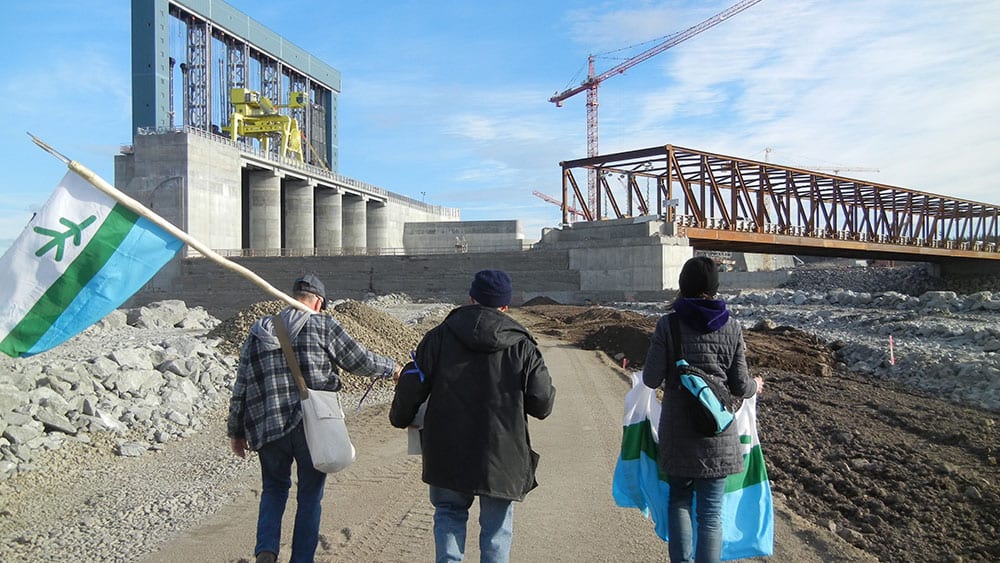
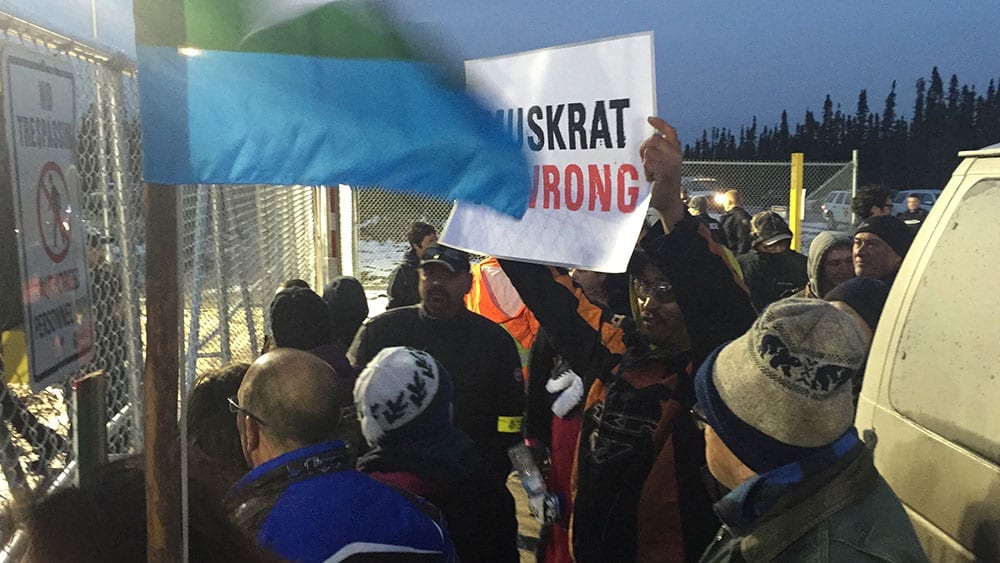
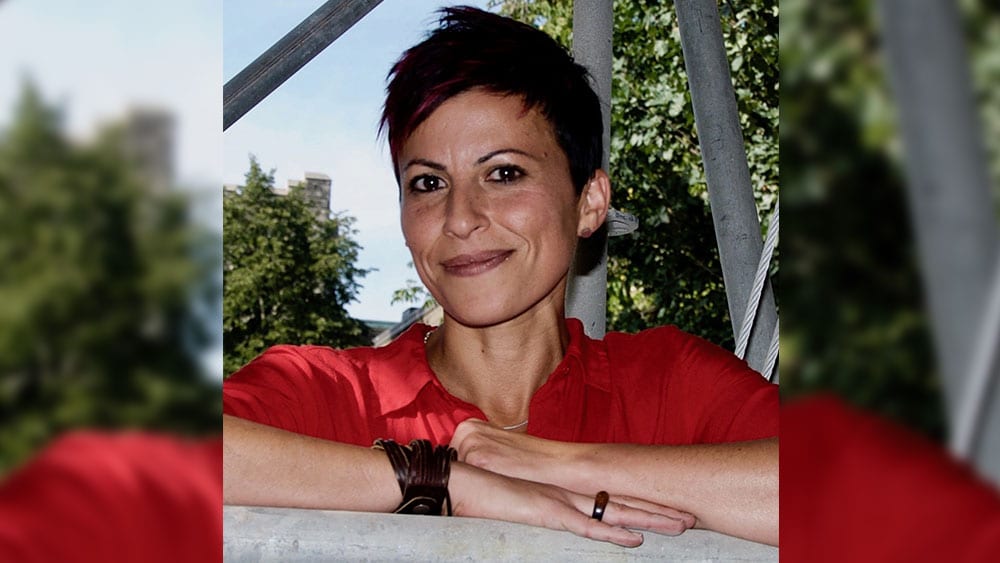
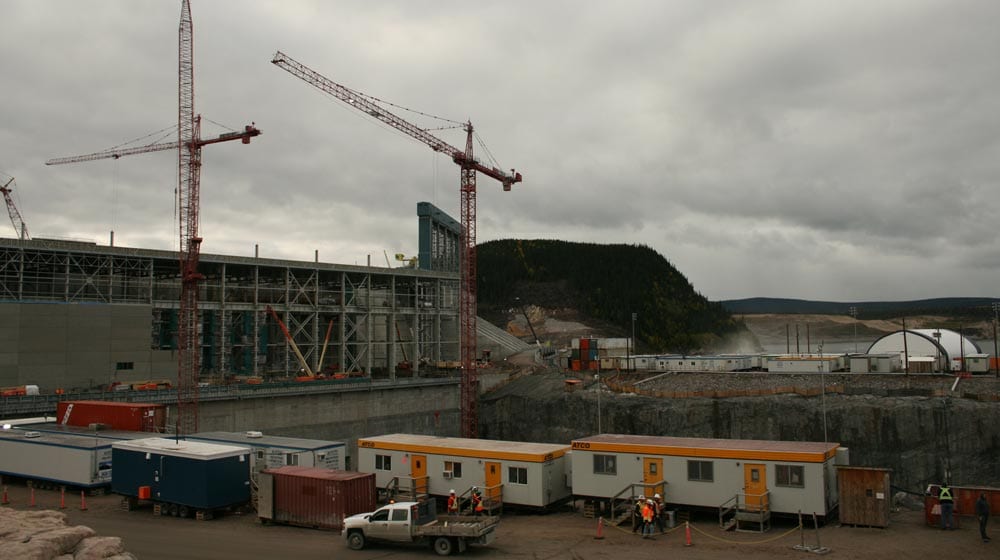




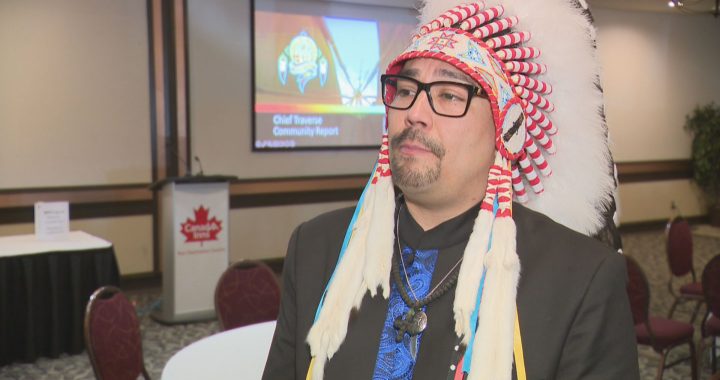

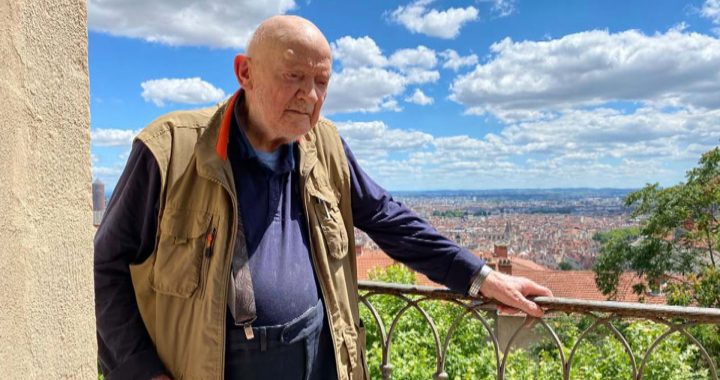
We, that is Canadians have to get over the idea that our country is a democracy which cares about our home the earth,oceans and air, when I say we I mean all of us living in Canada, Capitalism is the enemy that runs the government.
We voted Harper out because we wanted things done differently. We voted Trudeau in because he said he would do things differently. He hasn’t. We are ‘damned’ if we do and we are ‘dammed’ if we don’t.
Both dams will/are doing egregious harm to the environments and the people directly affected and tear away at the very fabric of Canadian society at large.
Politicians persist in claiming job creation as justification for these insane projects when in fact after completion very few jobs remain and the financial cost and environmental seems never ending.
Sadly we have no real political alternative to hope for other than a complete social re-invention and revolution.
We, that is Canadians have to get over the idea that our country is a democracy which cares about our home the earth,oceans and air, when I say we I mean all of us living in Canada, Capitalism is the enemy that runs the government.
We voted Harper out because we wanted things done differently. We voted Trudeau in because he said he would do things differently. He hasn’t. We are ‘damned’ if we do and we are ‘dammed’ if we don’t.
Both dams will/are doing egregious harm to the environments and the people directly affected and tear away at the very fabric of Canadian society at large.
Politicians persist in claiming job creation as justification for these insane projects when in fact after completion very few jobs remain and the financial cost and environmental seems never ending.
Sadly we have no real political alternative to hope for other than a complete social re-invention and revolution.
So impressed with your commitment to reporting this injustice Justin Brake. I would also like to mention the Super big loss for residents in the lower valley. Traditionally a place where Indigenous families settled to come and work to build 5 Wing Goose Bay now find their properties worthless, and uninsurable. Once again the government lures people here with the promise of high paying jobs, only to leave when it is all done with a huge socio economic crisis that this town has no resources to help. I just find this abuse so terribly sad.
So impressed with your commitment to reporting this injustice Justin Brake. I would also like to mention the Super big loss for residents in the lower valley. Traditionally a place where Indigenous families settled to come and work to build 5 Wing Goose Bay now find their properties worthless, and uninsurable. Once again the government lures people here with the promise of high paying jobs, only to leave when it is all done with a huge socio economic crisis that this town has no resources to help. I just find this abuse so terribly sad.
So disappointing the way Canadian governments continue to disregard numerous significant concerns associated with these massive hydro projects. In BC, we worked for years to bring expert sourced information to decision makers before they embarked on the completely unnecessary Site C dam. No amount of research, scientifically based facts, logic or reason broke through the politically driven decision to proceed with this project. Even though construction has stated, British Columbians don’t even know what the energy from Site C is going to be used for and they will spend at least 70 years paying for it. Truly clean alternatives are now cheaper than hydro power. Imagine what the energy technology and costs will be over this 70 year payback period! Canada could be a leader in truly clean energy innovation but choses massively costly, dated and destructive technology instead. We have a long ways to go.
So disappointing the way Canadian governments continue to disregard numerous significant concerns associated with these massive hydro projects. In BC, we worked for years to bring expert sourced information to decision makers before they embarked on the completely unnecessary Site C dam. No amount of research, scientifically based facts, logic or reason broke through the politically driven decision to proceed with this project. Even though construction has stated, British Columbians don’t even know what the energy from Site C is going to be used for and they will spend at least 70 years paying for it. Truly clean alternatives are now cheaper than hydro power. Imagine what the energy technology and costs will be over this 70 year payback period! Canada could be a leader in truly clean energy innovation but choses massively costly, dated and destructive technology instead. We have a long ways to go.